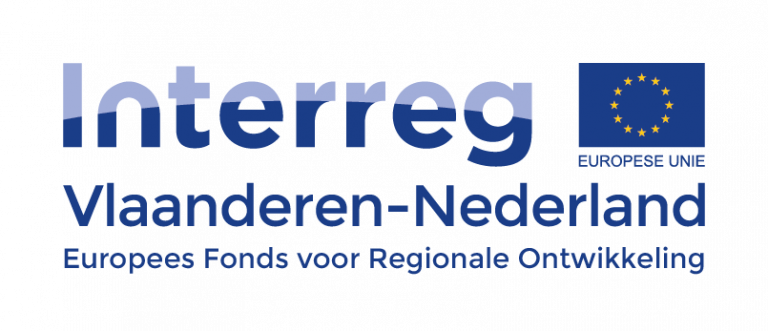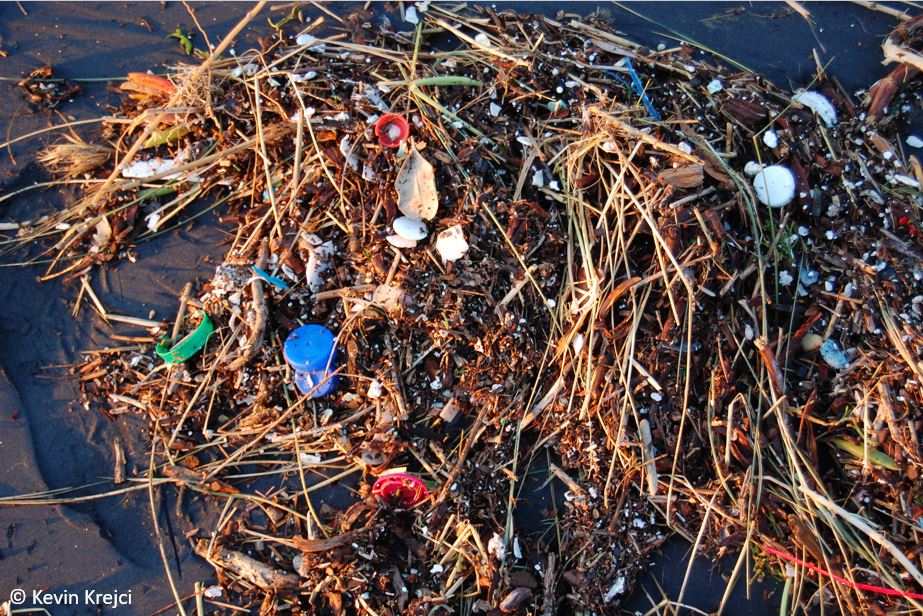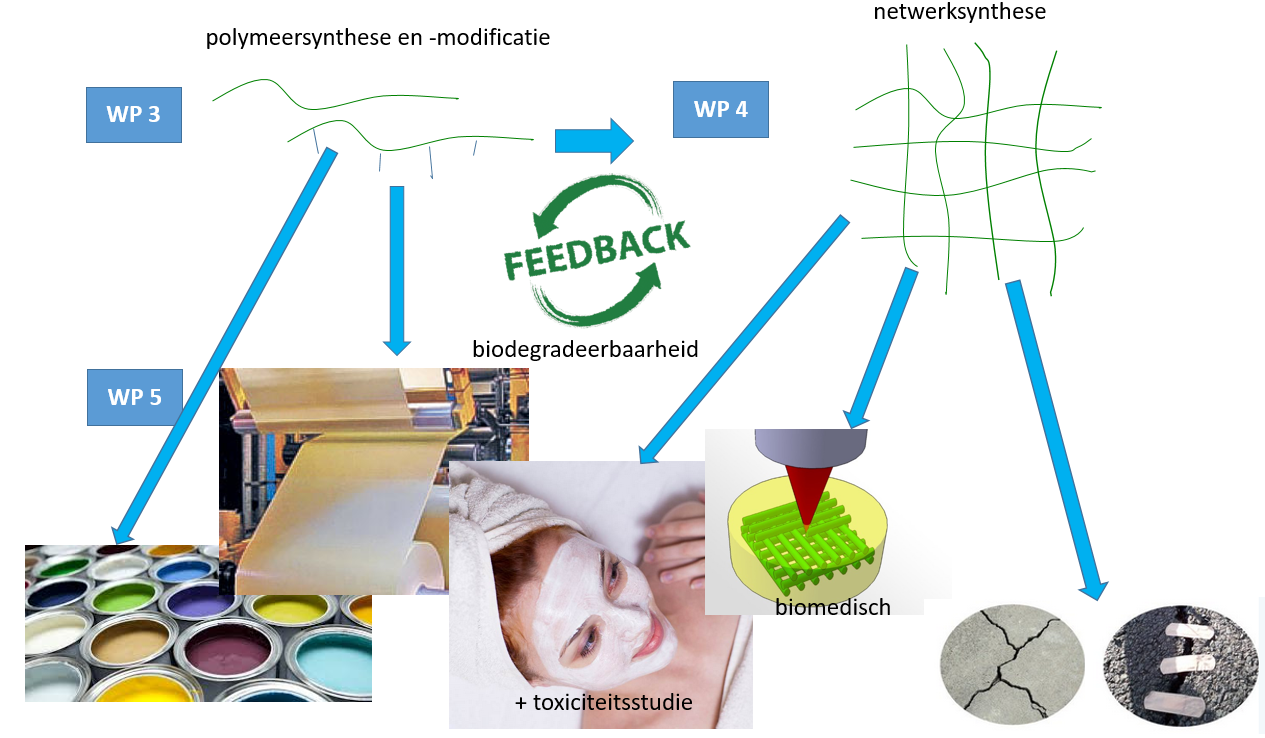Greener
Towards a biobased and biodegradable replacement for polyacrylic acid


Microplastics are nowadays ubiquitous and form a growing problem for the environment. Everyone has already heard of the “plastic soup” in the oceans as a result of plastic waste, which breaks down into small particles that accumulate in water for example. These plastics can unintentionally enter our food chain because marine animals and plankton consume these microplastics.
The GREENER project therefore aims to contribute to a more sustainable world. On the one hand, we will develop polymers with the same properties as the widespread, water-soluble polymer polyacrylic acid, but with the advantage that they will be both bio-based and biodegradable, two characteristics that are not met by polyacrylic acid. Bio-based raw materials to enable polymer synthesis are an important alternative for the increasingly scarce fossil raw materials, which are also associated with harmful impacts on the environment, for example their contribution to the greenhouse effect. Of course, it is not sufficient to only develop a new platform of bio-based polymers, but also the era of polymers after usage should be considered. Nowadays polymers like polyacrylic acid are too often incinerated after use or dumped in landfills or oceans, where they contribute to the microplastics pollution since polyacrylic acid is not biodegradable. The alternative polymers that will be developed in this project have as major advantage that they are biodegradable and will only release non-toxic natural products upon their degradation.
The general purpose of this project is to valorize the newly developed polymer platform replacing polyacrylic acid in a plethora of applications, ranging from superabsorbent materials in healthcare, to biomedical materials (e.g. wound dressings, cell carriers, scaffolds, etc.), cosmetics and coating applications.
Project ‘GREENER’ is financed by the Interreg V program ‘Vlaanderen-Nederland’, the cross-border cooperation with financial support of the European Fund for Regional Development with co-financing of province Oost-Vlaanderen, province Noord-Brabant and the Ministry of Economical Affairs and Climate (The Netherlands)


